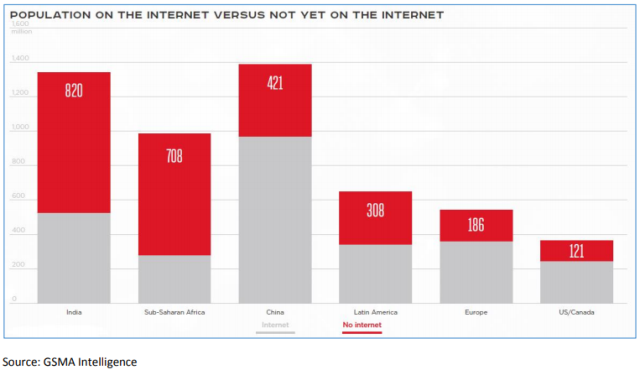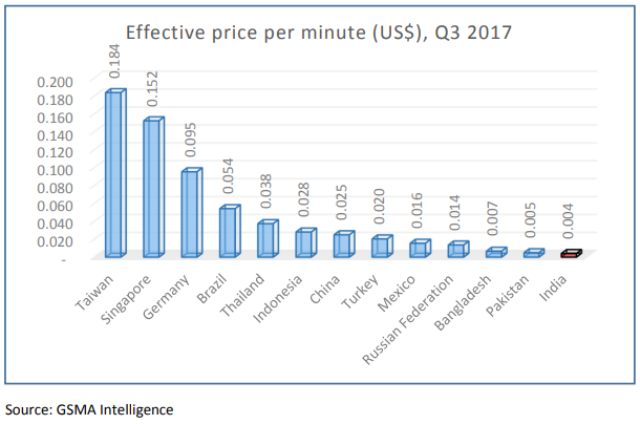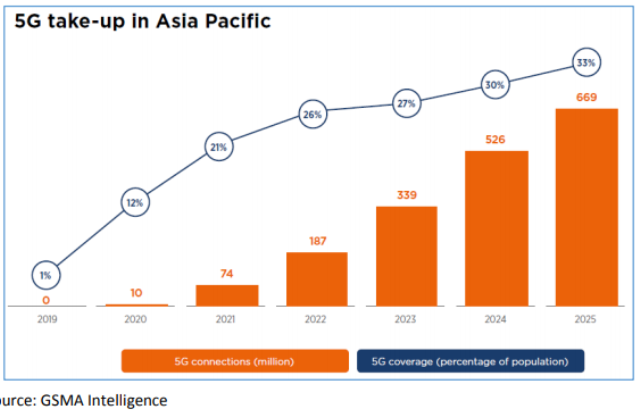 TRAI has received inputs from stakeholders including Airtel, Idea Cellular, Vodafone and GSMA, among others for the formulation of National Telecom Policy – 2018.
TRAI has received inputs from stakeholders including Airtel, Idea Cellular, Vodafone and GSMA, among others for the formulation of National Telecom Policy – 2018.
Indian telecom operators’ main issue: current telecom sector levies of 29 percent – 32 percent include GST – 18 percent, license fees – 8 percent & SUC charges – 3 to 5 percent.
Idea Cellular said 100 percent coverage target in rural areas of a service area can encourage operators to rollout services in uncovered rural areas. If operators achieve 100 percent coverage, they should benefit from a cut in license fee.
Vodafone said telecom infrastructure industry status will assist mobile operators to issue tax free bonds. This would reduce the cost of capital and mobilize cheaper funds for growth of the telecom/ telecom infrastructure.
Highlights
# Cut in GST / License Fees/ SUC
# Removal of USOF
# Cost effective spectrum
# More incentives
# OTTs should be part of regulation
# Change definition of AGR
Airtel said TRAI should not earmark unlicensed frequency bands periodically for operation of low power devices for public use. Any policy on de-licensing of spectrum should ensure level playing field between all the stakeholders in the ecosystem. 2.1 GHz and 2.3 GHz are licensed bands and face interference from de-licensed 2.4 GHz band.
GSMA said the content of the NTP 2018 should focus on five areas for achieving significant number of objectives.
The regulatory reforms should promote investment in mobile network infrastructure, growth and innovation in markets for the sustainable health of industry leading to long-term benefit for end users.
TRAI should review obligations in the telecom licences and other relevant instruments to ensure consistent regulatory principles are applied across similar services. TRAI should ensure that regulation is streamlined and consistent with competition law.
 Policy on doing business should be facilitating deployment of network infrastructure and reducing costs. TRAI should examine what can be done to further reduce the costs of mobile network deployment, including but not limited to the rollout of fibre (fast tracking rights of way at nominal rates), tower installation, costs of deploying sites, and affordable power for sites etc.
Policy on doing business should be facilitating deployment of network infrastructure and reducing costs. TRAI should examine what can be done to further reduce the costs of mobile network deployment, including but not limited to the rollout of fibre (fast tracking rights of way at nominal rates), tower installation, costs of deploying sites, and affordable power for sites etc.
There is a need to revisit the higher spectrum usage charge (recover only administrative cost of managing spectrum), significantly cut the USO levy and other input taxes/fees. Spectrum should be allocated and released under reasonable terms and conditions.
As per the ITU ICT Development Index, 2017, India’s wired-broadband subscriptions per 100 inhabitants stands at 1.44 as compared to global average of 12.39 and 32.37 for USA and 39.18 for UK.
 TRAI should adopt incentive-based approach for rural penetration along with penalty for not meeting rural penetration. Such incentives could be in the form of zero licence fee, zero SUC and zero USO levy. Ease of deployment of telecom infrastructure should be in the form of faster RoW approvals with zero RoW charges, availability of power at reduced rates, etc.
TRAI should adopt incentive-based approach for rural penetration along with penalty for not meeting rural penetration. Such incentives could be in the form of zero licence fee, zero SUC and zero USO levy. Ease of deployment of telecom infrastructure should be in the form of faster RoW approvals with zero RoW charges, availability of power at reduced rates, etc.
TRAI should adopt incentive-based approach for enhancing wireline penetration in India. Such incentives could be in the form of zero licence fee, zero SUC, and zero USO levy and zero GST on wireline services.
TRAI should ensure availability of spectrum in all spectrum bands including 700MHz, 5G at reasonable reserve price. It should assign the spectrum in E&V bands for high capacity backhaul requirements for 4G, 5G technologies and above.
Simplifying the rules of creating telecom infrastructure in the form of faster RoW approvals with nominal charges, power supply on priority basis, single window clearance, provision of installation of IBS, DAS and duct for laying optical fiber in the National Building Code and master Plans are the other demands of Indian telcos.
TRAI aims to achieve 900 million broadband connections at a minimum download speed of 2 Mbps, out of that at least 150 million broadband connections at a minimum download speed of 20 Mbps.
Airtel in its one of the recommendation suggests that the minimum download speed may be replaced with average download speed and there should be no difference between wireless and wireless for setting speed limit.
TRAI aims to attract an investment equivalent to $100 billion in communication sector. Airtel said there should be rationalization of regulatory levies and costs, annual review of the financial health of the telecom sector. There should be same rules for mobile operators and OTT communication service providers.
TRAI should reduce license fee to 1 percent across all telecom licenses or removal of spectrum usage charge, or alternatively, reducing it to flat 0.5 percent of AGR for all existing and future spectrum holdings.





